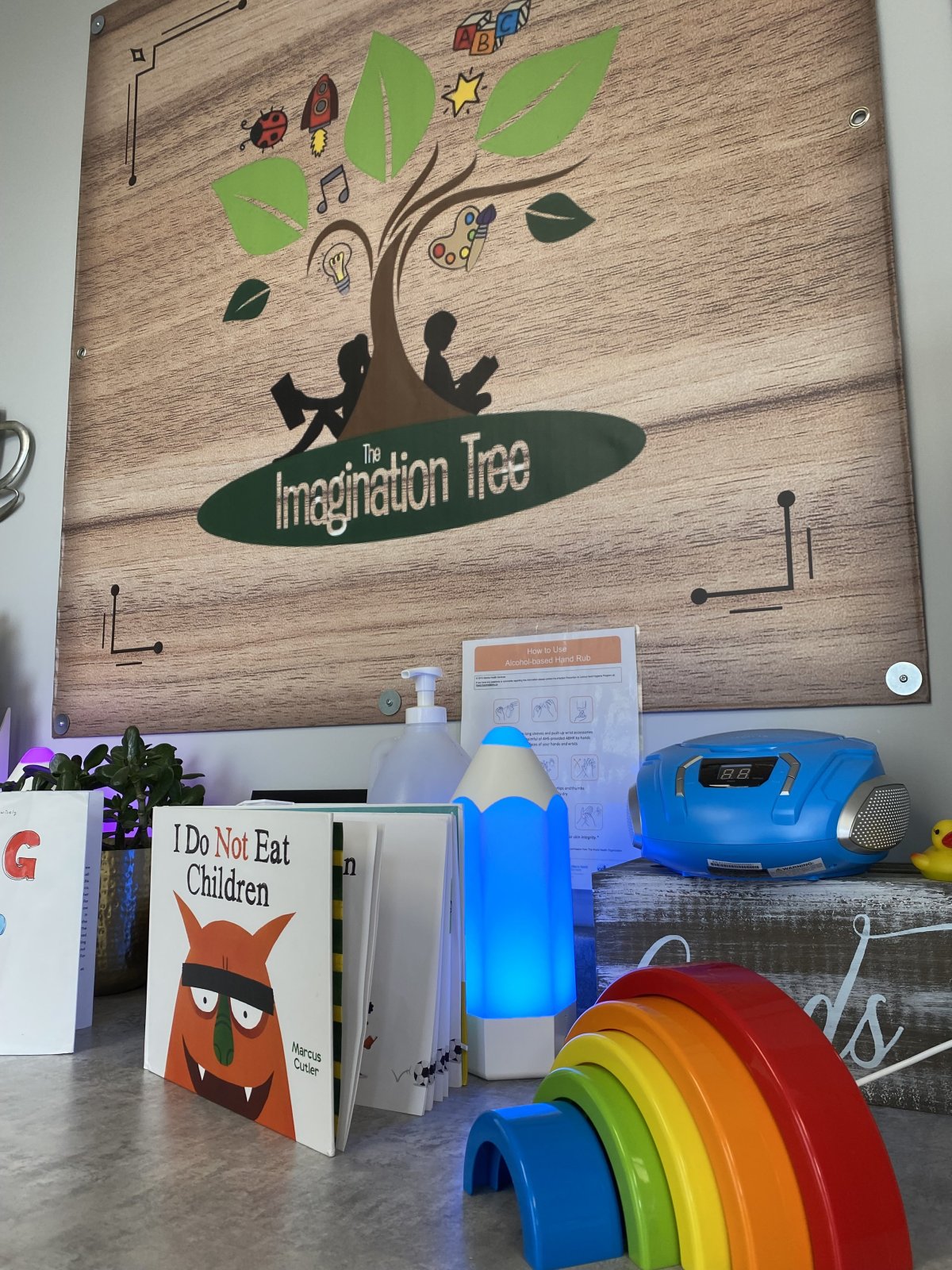Some Alberta child care operators are threatening to opt out of Canada’s $10-a-day child care deal amid what they call “government turmoil.”

The Association of Alberta Childcare Entrepreneurs (AACE) told Global News many of its members have “finally had enough” following a recent, tense town hall meeting.
“I think people are frustrated,” AACE chair Krystal Churcher said. “I’m frustrated.”
Churcher said operators, who she believed were initially “coerced” into signing agreements “under duress,” are now facing the potential withholding of critical funding. She said the government has announced plans to send a survey to operators to understand the cost of running child care centers in the province.
“We’re three years into this agreement,” she pointed out. “Three years into transforming our child care sector and only now are they asking for financial information.”
Churcher said the government has not listened to what operators have had to say about the costs associated with providing “quality” care.
“You want a sustainable system that provides niche programming that supports all of your child’s needs — that is not a discount service,” she said. “Those are things that cost money.”
“If we think we can do it for $10-a-day when you can’t get a coffee and a muffin for $10-a-day — we’re delusional.”

The federal government’s 2021 budget included a $30-billion, five-year offer that would eventually cut costs to families to $10 a day by 2025-26.
Every province and territory has signed on to the deal. In exchange for the federal money, provinces had to implement the federal vision, which, while cutting fees, also sought to increase wages for child-care workers.
Some operators have said the federal-provincial agreements limit the fees they can charge while not providing enough support to cover all their costs.
In a statement on Thursday, the federal government said it is committed to the successful implementation of the Canada-wide early learning and child care system.
“When creating this system, our priority was to increase access to affordable, high-quality, flexible and inclusive child care for families everywhere in Canada,” spokesperson Mila Roy said. “Despite some challenges, we know that the Canada-wide early learning child care system is good for children, parents and our economy. The Government of Canada works closely and collaboratively with provinces and territories (PTs) and supports the ongoing work of Alberta in engaging with the sector to develop sustainable funding models. The Government of Canada continues to engage with stakeholders – including child care operators and representatives from the Association of Alberta Childcare Entrepreneurs (AACE) – and listen to parents and families as we work to support the implementation of a sustainable system.”
A federal government spokesperson said provinces have primary responsibility for the design and delivery of the program.
Alberta signed the child care agreement in November 2021, and committed to reaching an average fee of $10-a-day for regulated child care, as well as creating 68,700 new spaces, the federal government said. As of Jan. 1, 2024, Alberta reached an average fee of $15-a-day for licensed child care, the federal government’s statement said. That will save Albertan families up to $13,000 annually per child.
Sarah Hunter is the owner of The Imagination Tree Childcare Centre. She told Global News the fees don’t cover her “ever-growing” costs and instead have run her deep into debt.
“Bankruptcy,” she said. “We’re facing closure of our centre.”
Hunter, whose family has been in the child care business for 35 years, said she simply won’t be able to survive much longer under the $10-a-day program.
“My rent has gone up $1,000 every year since I moved in. The cost of food has been skyrocketing. My insurance has gone up,” she said. “Everything has gone up, but my fees are frozen. My fees are the same as they were five years ago.”
Hunter believed the government had no idea what it costs to run childcare centres, adding trying to find out now is just too late.
“The fact that they’re asking for that three years into this and I’m already in such a massive amount of debt — it’s just too late and it’s not enough.”
“Where was the government when I put a million dollars into this centre?” she questioned. “They weren’t here. They didn’t fund this daycare. They actually stole it from me.”
She hasn’t decided if she will opt-out or not, adding she has her staff and clients to think about.
- Calgary athlete heads to world ninja championships: ‘It’s an honour’
- Calgary police lay charges after thousands of dollars in meat, cannabis stolen
- Firefighters ‘extremely cognizant’ of water usage as crews battle blaze at Calgary Bulk Barn
- Calgary water emergency: Mayor cautions July 5 completion date ‘best-case estimate’
“I’m just heartbroken,” she said tearfully. “I’m heartbroken for the children we serve and for their families. If we don’t remain viable and open, I have no idea where they will go.”
AACE is urging the government to rethink its approach, warning that the current strategy could lead to the collapse of high-quality child care services in Alberta.
The Alberta government said in a statement “it is committed to building a sustainable child care system, where providers can continue to deliver high quality, accessible, affordable, and inclusive child care for Alberta families.
“To this end, we are providing a cost questionnaire to child care providers across the province to gather the data required to inform a long-term funding framework,” the statement said.
“This survey, which is not intended to be a recurring requirement, is also needed to support our government’s ongoing discussions with the federal government regarding Alberta’s unique early learning and child care system. As this information will be utilized to calibrate funding to providers that is equitable and reflects the typical cost of operating child care spaces of different program types in diverse regions across the province, the survey is mandatory for those operators opting to participate in the Affordability Grant Program.
“Only with provider feedback can our policies reflect and appropriately support providers.”




Comments